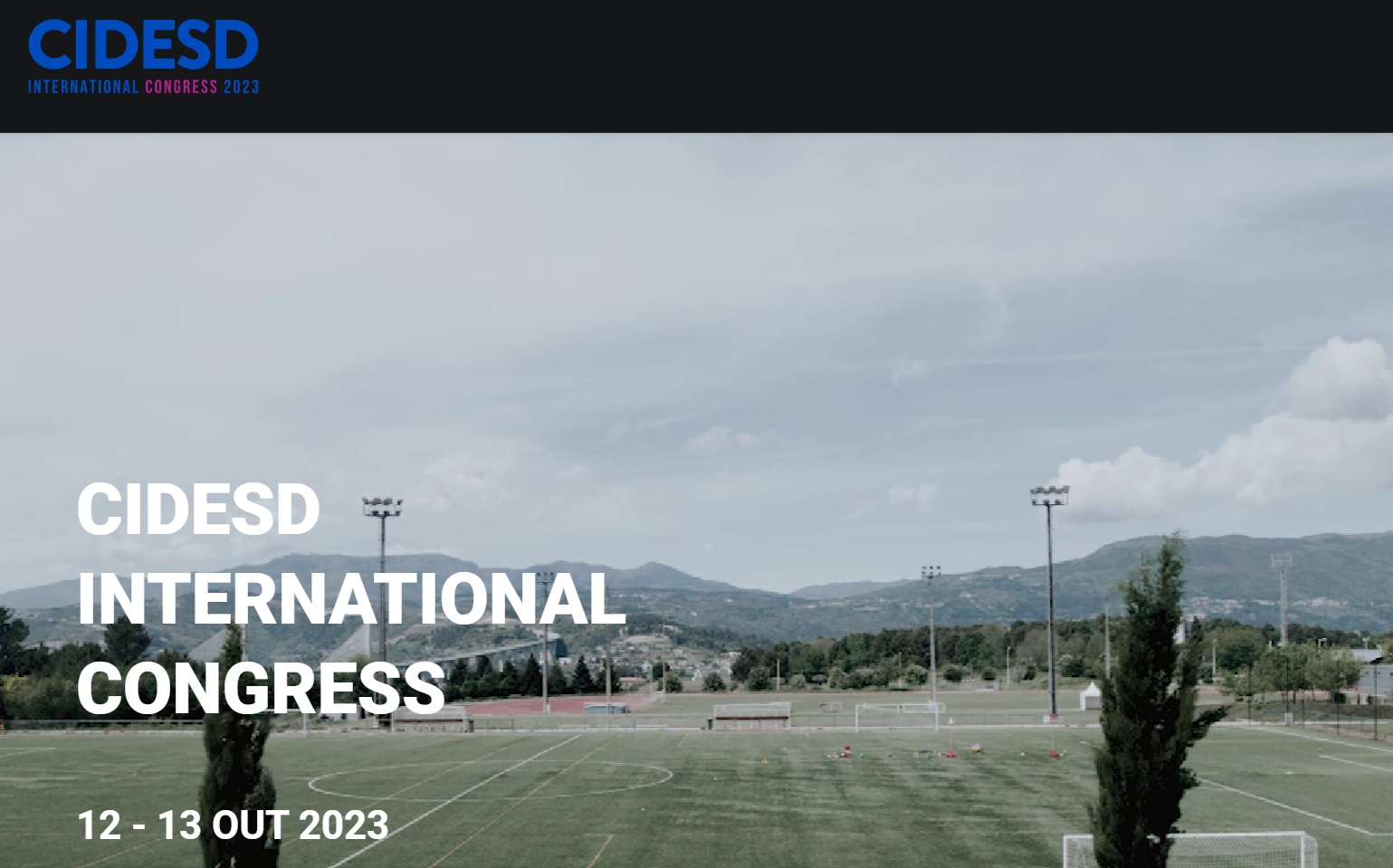Examining the pivotal motivational elements that influence an individual's commitment to sports
DOI:
https://doi.org/10.6063/motricidade.31623Keywords:
interpersonal behaviours, basic psychological needs, behavioural regulations, persistenceAbstract
This research aims to explore the interplay between supportive and hindering behaviours, the fulfilment of basic psychological needs, motivation, and intentions to sustain sports participation among athletes. A longitudinal approach was employed to investigate the evolving relationships between these variables over time. A total of 538 athletes (219 male and 319 female), aged between 15 and 32 years (mean age = 22.78; standard deviation = 4.52), participated in this study. The sample encompassed athletes from football (n = 187), basketball (n = 172), and swimming (n = 179). The structural equation model exhibited a good fit. Positive direct and indirect connections were observed between most constructs, with the exception of the associations between controlled motivation and basic psychological need satisfaction. Intentions to continue sports participation accounted for 12% of the variance in athletes' sports persistence. While the mediation model did not reveal any direct effects for need-supportive or need-thwarting behaviours, it did identify significant indirect pathways within the positive aspect of the model. The overall indirect impact of need-supportive behaviours in the model was β = .14 (90% confidence interval = .26; .37), whereas, for need-thwarting behaviours, it was β = -.05 (90% confidence interval = -.11; -.01), indicating a beneficial mediation process. Cultivating autonomous motivation and fostering a supportive environment that meets athletes' basic psychological needs can be instrumental in nurturing enduring commitment, boosting athletes' intentions to persist in sports, and heightening their prospects for long-term success.
Downloads
Published
Issue
Section
License
The authors of submitted manuscripts must transfer the full copyright to Journal Motricidade / Sílabas Didáticas Editions. Granting copyright permission allows the publication and dissemination of the article in printed or electronic formats, and copyrights start at the moment the manuscript is accepted for publication. It also allows Journal Motricidade to use and commercialise the article in terms of licensing, lending or selling its content to indexation/abstracts databases and other entities.
According to the terms of the Creative Commons licence, authors may reproduce a reasonable number of copies for personal or professional purposes, but without any economic gain. SHERPA/RoMEO allows authors to post a final digital copy (post-printing version) of the article on their websites or on their institutions' scientific repository.


